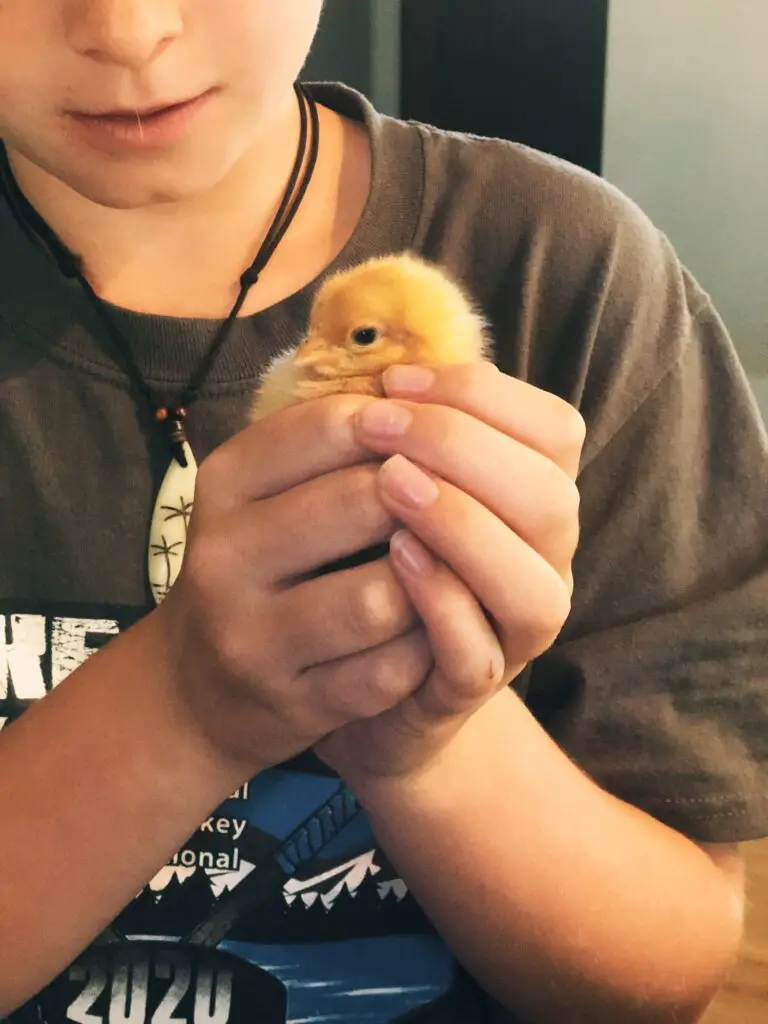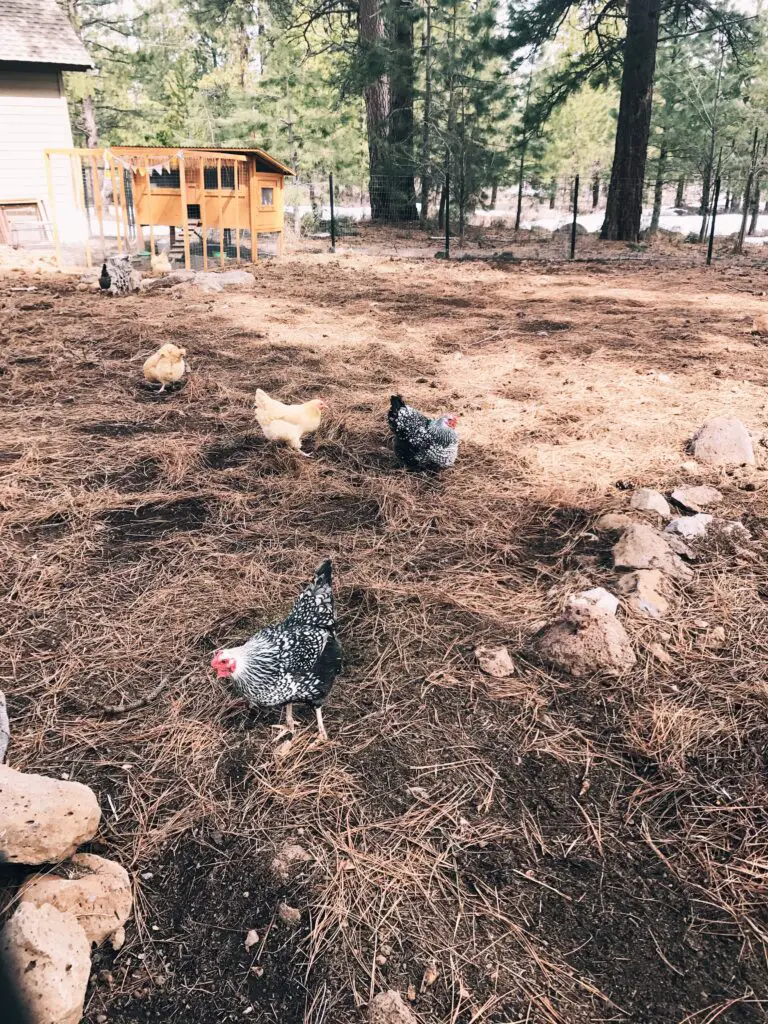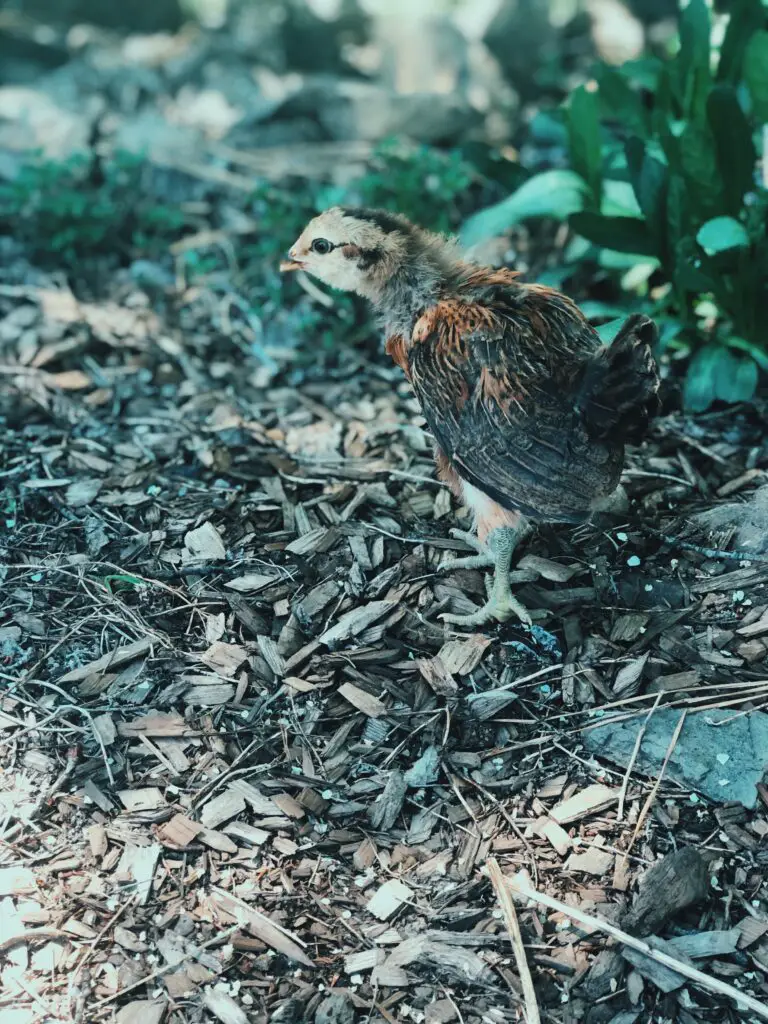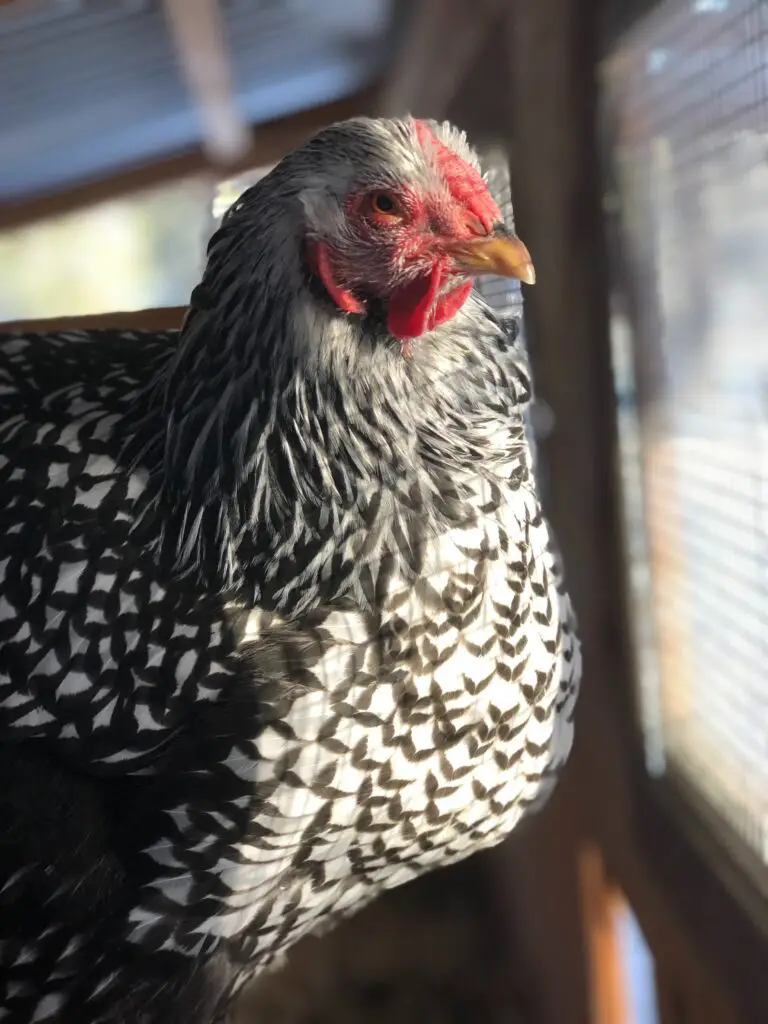Don’t do it! Just kidding. I’ve raised quite a few chickens in my life, and while the idea of having cute chickens clucking around your backyard is romantic and sweet, the reality of raising healthy chickens is anything but.
However, raising chickens in your backyard brings many benefits: food, fertilizer, and companionship. For new chicken owners, however, it can be overwhelming. I recommend starting with about 3-8 hens. I began with eight and maybe should have begun with more like four. You can add a few chicks every few years to stagger the age of your flock and ensure that you have active egg producers at all times once you become accustomed to it.
Just remember, eggs aren’t the only product of chickens – don’t overlook the power of their poop! Even though hens don’t lay eggs every day, they do poop every day, everywhere, and with abandon, especially when they sleep on their roosts! Try to collect it with a dustpan and scraper and add it to your compost pile. Chicken poop is one of the most potent garden fertilizers on the planet!

Contents
Here are my three key pieces of advice for new chicken owners:
Make sure the water is clean. Raise it to the level of a chicken’s shoulder to prevent them from scratching dirt into it. You can do this by simply placing the waterer on cinder blocks. It’s a good idea to change your water every week, if not more often.
Keep predators at bay! This is the most important. A coop with a cover keeps your flock safe from predators. All of our chicken coops have had covers. Sadly, we did have a bobcat break in one winter when the snow atop the coop caved in one night. (But that is not common. We live in the mountains, and the six feet of snow that fell was crazy even where we live). You can also use a dig guard to thwart animals like foxes and possums from digging under the fence. I have seen many new chicken owners lose flocks to predators such as hawks, possums, and foxes, and that loss is a hard one to take.
Don’t use chicken wire. Even though it’s pretty standard and less expensive than other options for wiring, it rusts easily, and owners might not detect a rusted spot until the coop has been compromised. My preferred method is to use 1″ x 1″ or 1″ x 2″ opening welded wire fencing that I can get from an agrisupply store. Although it’s more expensive, if you have to replace chicken wire repeatedly, you end up spending the same amount of money.

Ruling the roost
It’s a common misconception that you need a rooster to get chickens to lay eggs. This is not the case. You only need a rooster for fertilizing eggs to raise more chickens.
Roosters can actually pose a threat to your hens and can become very aggressive toward humans that try to come near “their” hens. Roosters take ownership over the hens. Not only that, but they can also become very aggressive with the hens and at times hurt them badly with excessive mating attempts. Some people love including a rooster with their flock, and some roosters are less aggressive than others. I have always chosen NOT to keep roosters.
I will say it’s sometimes hard to know if you have one when you get your baby chicks. I have friends who have hoped to receive all females from hatcheries only to be stuck with a rooster in the mix. If you don’t want the rooster, you can sometimes give him to a farm or another family that might want a rooster.
Resources for keeping chickens

There are many other sub-topics we didn’t touch on in this concise guide. I’m sure you have dozens of other questions, including: Do I need a warmer in the winter? Where can I buy the best chicken coop? How many eggs should my hens lay per week? Is the color of their shell normal?
To answer some of these questions and help get you on your way to raising a healthy flock, I recommend taking a class if you can. There are sometimes extension programs through local universities and colleges that offer courses on chicken raising. I was fortunate to find a mentor who helped me navigate some of the unknowns in keeping chickens early on.
In addition, check out a few books and websites. I find a lot of helpful information on backyardchickens.com. And my favorite books on the topic include “Fresh Food from Small Spaces” by R.J. Ruppenthal and “Keeping Chickens with Ashley English: All You Need to Know to Care for a Happy, Healthy Flock.”


